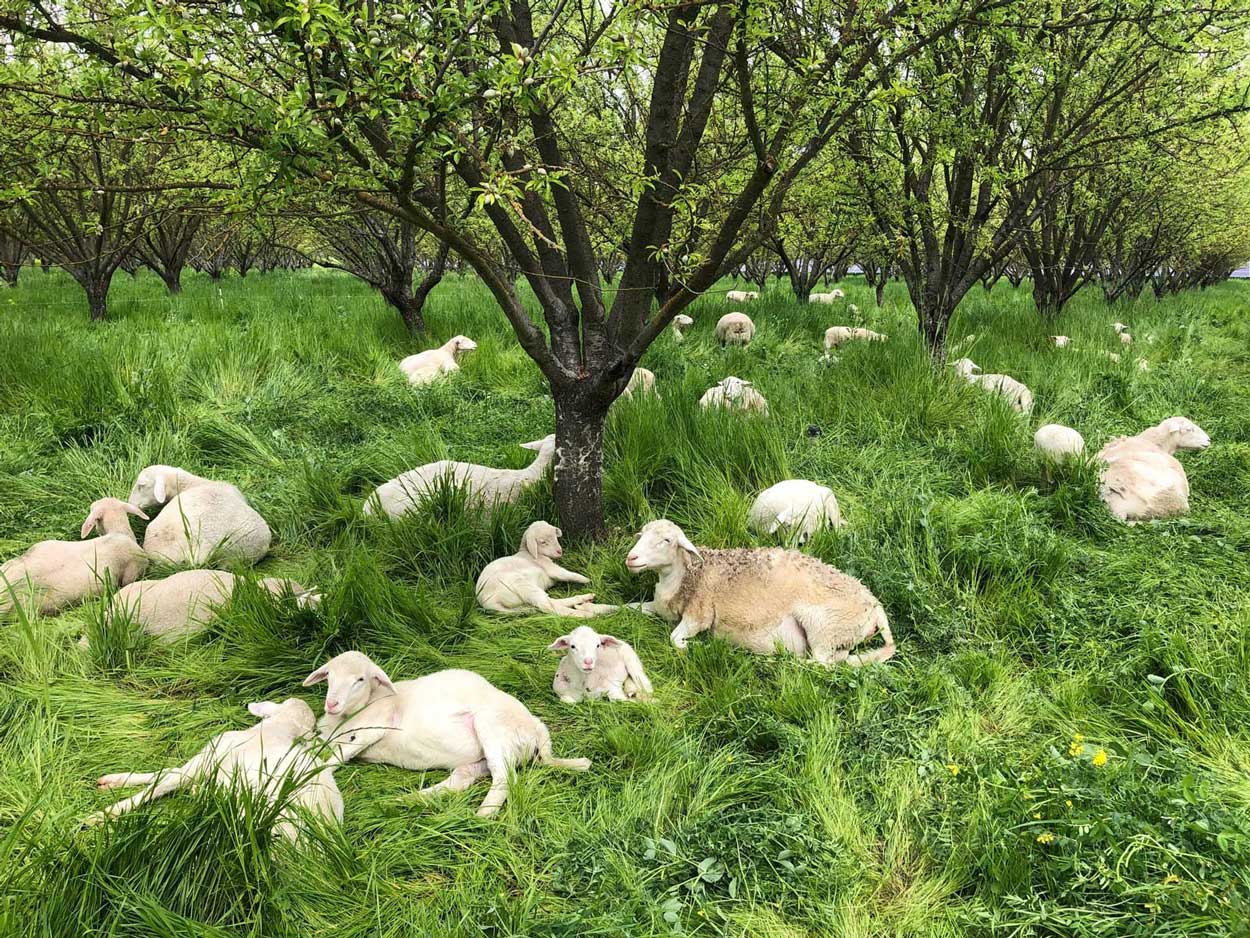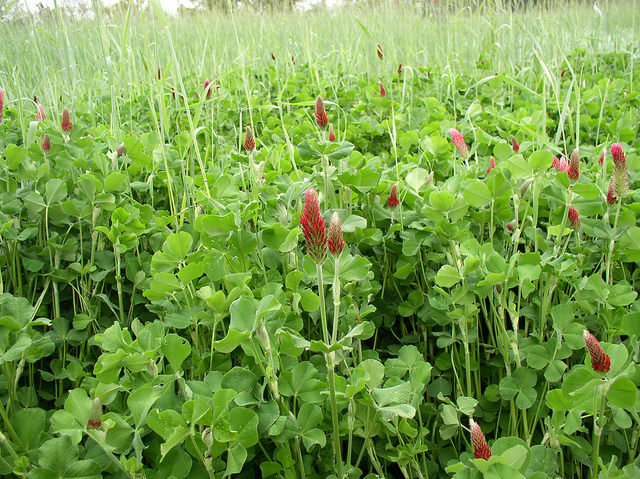|
Long days mean rapid growth for crops, beneficial insects and the pests they seek. This month, we showcase the nature-based solutions to pest management at Paicines Ranch vineyard, where we co-hosted a recent field day. We also highlight a farmer turned grad student's path to showing yield improvements from compost and cover crops, and several new studies that demonstrate the benefits of conservation solutions on water quality, farm profits, and human health. We spotlight new efforts in Santa Cruz to protect farmland and wildlife from trash pollution. Finally, we share an opportunity to give input on the country’s largest climate change planning efforts and ask you to support nesting structures on farms. Enjoy this month’s news from the wild! Vineyard Field Day at Paicines Ranch Enroll in Avian Pest Control Services Continuing Education Courses Grad Student Farmer Grows Case for Marrying Agriculture With the Natural World Birds and Biodiversity are Good for our Mental Health and Well-being Study Shows Higher Profits for Minnesota Farmers Who Implement Water Quality Measures Santa Cruz Launches Cleanup Initiatives The Country’s Largest Climate Change Planning Effort Needs Input from Agricultural Organizations |
|
Vineyard Field Day at Paicines RanchSheep grazing a vineyard? This is just one of many wild farming practices employed by Paicines Ranch that farmers got to see firsthand at a recent WFA field day. Using a holistic, ecological lens, Paicines Ranch is growing taller vines with larger canopies and a vineyard floor covered with plants that are periodically grazed with sheep. To continually fine-tune their approach, they and partner researchers assess natural enemy and pest insect numbers, and plant and soil health. Read More about the Field Day Here
Enroll in Avian Pest Control Services Continuing Education CoursesWFA currently offers two free California Continuing Education Courses about supporting avian pest control. These courses are approved for credit through the California Department of Pesticide Regulation. "I've been doing CE classes for many years and pretty much dread them. Same-old, Same-old - and always about a subject I loathe: CHEMICAL PESTICIDES. And then, these awesome classes dropped out of the heavens. REALLY beautiful work - and such incredible news throughout (especially about the bluebirds in wine country)." Read More About the Courses Here
Grad Student Farmer Grows Case for Marrying Agriculture With the Natural WorldBy Luke Reid For years, birds have been singing the praises of Raquel Krach’s regenerative farming practices. She hears it every day. “When we’re in our orchard, the birds are busy, and so loud,” she says. “But when you’re off the property, 100 yards away, the silence is deafening.” Krach and her husband, Greg Massa, are co-owners of Massa Organics. She recently completed her master’s degree in interdisciplinary studies through Chico State’s Center for Regenerative Agriculture and Resilient Systems. With the completion of her master’s thesis—a study on the effects of regenerative agriculture on an almond orchard on their 250-acre organic farm—she has proof beyond the peeps and chirps of her feathered farm-mates that her efforts are paying off. Krach’s study produced exciting data illustrating how and why regenerative farming is effective. Using cover crops and compost improved the farm’s soil health, increased its almond yield, and produced almonds that were healthier to eat—packed with calcium and other vitamins and minerals.
Birds and Biodiversity are Good for our Mental Health and Well-beingResearch has consistently shown that more contact and interaction with nature are associated with better body and brain health. A recent Washington Post article rounds up a number of studies that point specifically to birds and bird songs as beneficial to human health. In one study, researchers asked about 1,300 participants to collect information about their environment and well-being three times a day using a smartphone app. By analyzing the data, the researchers found a significant positive association between seeing or hearing birds and improved mental well-being, even when accounting for other possible explanations such as education, occupation, or the presence of greenery and water, which have themselves been associated with positive mental health. Additionally, a study released in Nature Sustainability indicates that human–biodiversity interactions can deliver individual-level well-being gains, equating to substantial healthcare cost savings when scaled up across populations. At Wild Farm Alliance, we are glad to see evidence that conservation solutions benefit both social and ecological outcomes. Plus, we take it one step further to include avian pest control benefits to the farm. Read More: Why birds and their songs are good for our mental health Human well-being responses to species' traits
Study Shows Higher Profits for Minnesota Farmers Who Implement Water Quality MeasuresFarmers enrolled in the Minnesota Agricultural Water Quality Certification Program (MAWQCP) have higher profits than non-certified farms, according to a recent study by the Minnesota State Agricultural Centers of Excellence. This marks the fourth year of data highlighting improved financial outcomes. “For four years now, we see that farm operations in the Minnesota Ag Water Quality Certification Program have, on average, better economic outcomes on top of the known environmental benefits,” said Agriculture Commissioner Thom Petersen. This study adds to the growing body of evidence that wild farming is a win-win for farmers and wildlife.
|













